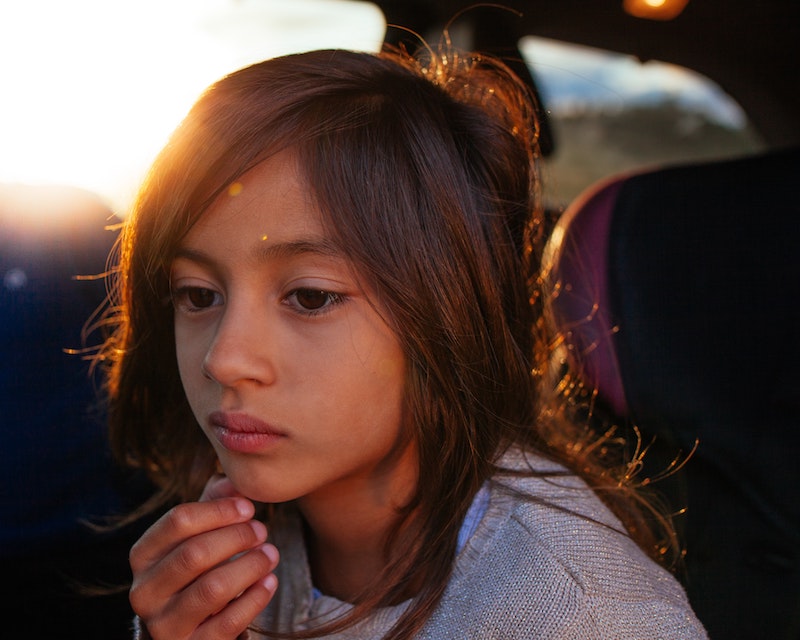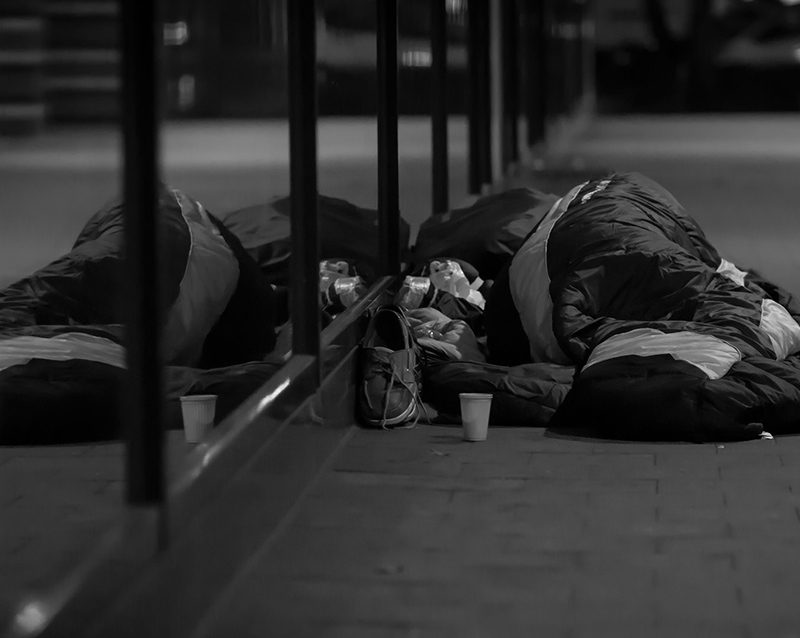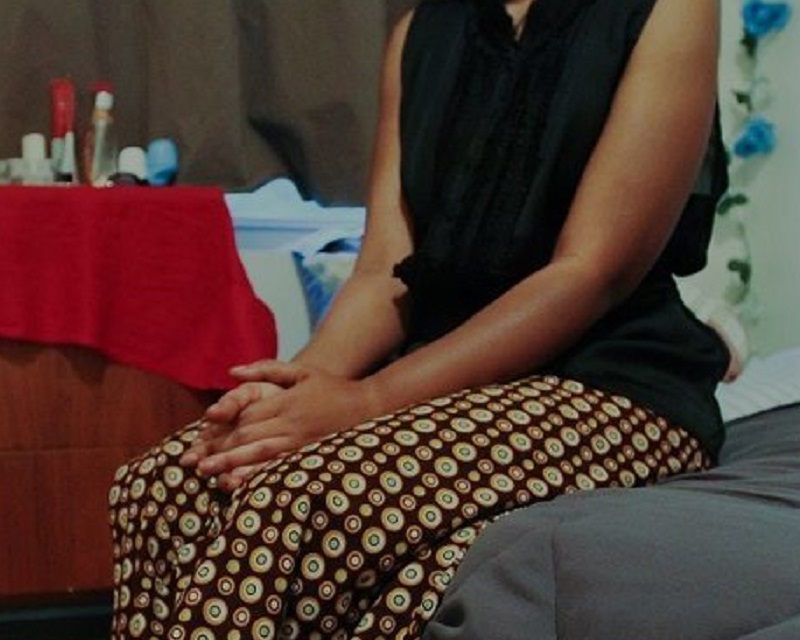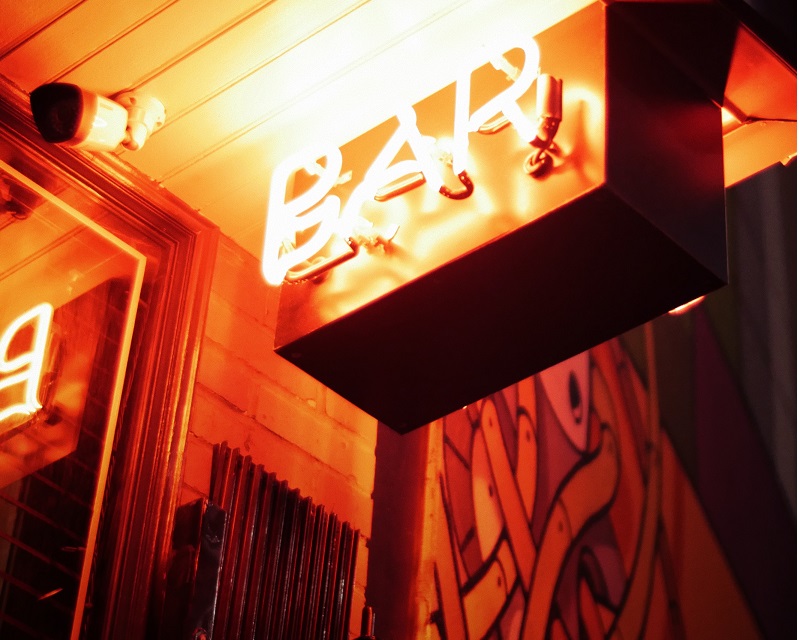Sex trafficking is not something you can see happening across a crowded room. It is not a crime that occurs in an instant, like a kidnapping or carjacking, that a bystander can witness and report. In fact, many people in active sex trafficking situations do not recognize themselves as being victims because they have been expertly groomed by a trafficker to believe they have chosen to participate in commercial sex. Understanding how sex trafficking really works can help families and communities to recognize vulnerable people before they become victims and provide survivors with the support they need to break free, heal and move on with their lives.
Myth
Only women and girls can be victims and survivors of sex trafficking.
Reality
Men and boys are also victimized by sex traffickers. LGBTQ boys and young men are seen as particularly vulnerable to trafficking.
Myth
All commercial sex is human trafficking.
Reality
All commercial sex involving a minor is legally considered human trafficking. Commercial sex involving an adult is human trafficking if the person providing commercial sex is doing so against his or her will as a result of force, fraud or coercion.
Myth
People in active trafficking situations always want help getting out.
Reality
Every trafficking situation is unique and self-identification as a trafficking victim or survivor happens along a continuum. Fear, isolation, guilt, shame, misplaced loyalty and expert manipulation are among the many factors that may keep a person from seeking help or identifying as a victim even if they are, in fact, being actively trafficked.
Common Sex Trafficking Red Flags

Sex Trafficking Examples
Read real sex trafficking situations that we hear about most frequently on the U.S. National Human Trafficking Hotline to help you to understand and recognize possible sex trafficking in your own life.
Love and Trafficking
In the wrong hands, love is a powerful weapon of exploitation. Read survivors’ stories and learn the difference between what love isn’t and what trafficking is. Understand what grooming is, a common system technique employed by traffickers.


Child Sex Trafficking
In complex and frightening times, it’s natural that the world seems like a more dangerous place for our children than ever before. Understanding the realities of child sex trafficking will help you to not only keep your own children safe, but to become an effective advocate for the safety of all children and families in your community.
Sex Trafficking Training
Interested in learning more about sex trafficking? Take our free introductory course, Human Trafficking 101, to learn what human trafficking really is, how it happens, and how you can be part of the solution.





